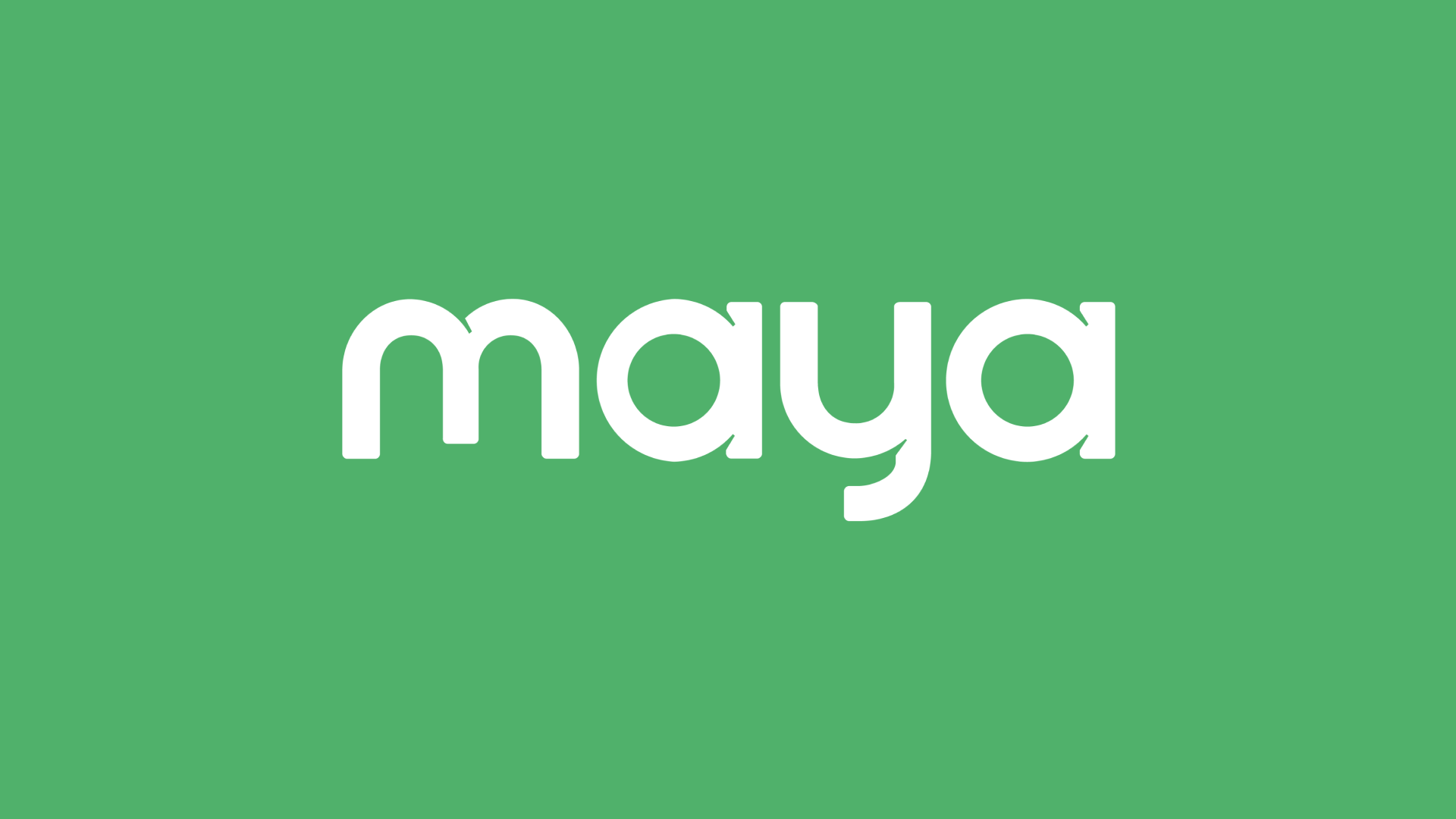
If you run a small business, you probably have dozens of individual production inputs that have to be sourced from outside suppliers. Each one of them is subject to externalities and market forces, which means that your advantage as a buyer of each input will change for each one, over time. These changes can directly affect your margins, which makes supplier and vendor selection critical for business continuity.
When you find yourself at a disadvantage, sometimes the best move is to simply switch suppliers. However, this isn’t always possible since, in practice, suppliers offer varying quality and service levels. In some cases, certain suppliers may hold a monopoly that makes switching impossible. Some longstanding supplier relationships may also be difficult to break for any number of reasons. In these instances, negotiation may be the only way you can guarantee good rates for your inputs. Let’s look at some strategies you should try to get the best deals from your supply chain partners.
1. Be a Reliable Customer
Paying your invoices on time is the single best way to get in your supplier’s good graces. The Philippine payroll system and varying cash flow patterns can sometimes make prompt payments more challenging, but adopting a good payroll management system should make it a breeze.
Maya Disbursements is not just for managing your payroll system. This top-rated bulk payment solution can also effortlessly facilitate payments to multiple suppliers. Thanks to its simple yet robust dashboard and integration with Maya Business solutions like Maya Business Deposit, Maya Disbursements has become the payroll system Philippines’ startups and small businesses rely on.
2. Understand Your Suppliers’ Industry Dynamics
Whether it's consolidation, technological disruptions, or demand-supply imbalances, knowing the implications of these factors will give you an edge in any contract negotiation. Take drone photography as an example. In the early 2010s, hiring a drone for a business event was quite expensive due to the novelty and the small number of photographers who could offer drone services. Today, however, hiring a drone is relatively trivial, as market access to professional-grade technology is far better than it used to be.
Now that drone photography services are widespread, you could surmise that, as a buyer, you have more power today than you did a decade ago. Learning how these externalities impact your suppliers will almost certainly provide an edge in contract negotiations.
3. Build Strong Informal Relationships
There is a tendency even for business owners to view other businesses as impersonal, cost-driven entities. However, at the end of the day, it’s people who make the decisions, and these decisions are always partly driven by emotions. Engaging with your points of contact at conventions, in social media, and in other professional forums can lay the ground for more open communication and trust, later on. Over several years, these relationship investments will tend to result in uniquely beneficial terms. As a plus, you are also likely to gain a wider network of valuable industry contacts.
4. Avoid Over-Negotiating
You would not tolerate constant bargaining from your customers, and your suppliers will likely feel the same way. While it’s true that negotiations are expected and even encouraged in some circles, everyone has a limit. Try to read the situation and refrain from straining the relationship by constantly asking for extensions and discounts.
5. Know How to Talk the Talk
Knowing industry-specific jargon (and your supplier’s preferred language) opens up new possibilities during negotiations. Suppliers will not always come from the same industry or cultural background as you and making the effort to understand them more thoroughly can help you earn their trust and keep you from being taken advantage of.
6. Change How You Buy
Consolidating orders, rethinking purchasing bundles, or changing purchase volumes can all exert leverage on suppliers. Depending on who holds more bargaining power, these changes can lead to favorable terms. For instance, if the supplier is a relatively small business with a limited customer base, expanding your commitments can result in a better deal. In this case, relying on a safe business loan product like Maya Flexi Loan can help you get around your cash limitations, potentially allowing you to negotiate a more advantageous contract.
7. Stay Open to Alternatives
You must always assume that supplier relationships can end at any time, regardless of how much clout you currently have. Suppliers can go out of business and contract negotiations can sometimes reach an impasse, so diversifying supply chains and having backup plans is just common sense if you want to guarantee business continuity.
Negotiate Better Supplier Contracts Today
Strong relationships are the foundation for better negotiations. Whether you want to keep top talents or great suppliers, paying them on time is key to better relationships. Sign up for Maya Business to activate Maya Disbursements and build a foundation for better deals.
Creating a Maya Business account grants you access to a Maya Business Deposit account for your disbursement funds. With its industry-leading 2.5% per annum interest rate, you’ll earn PHP 25,000 per year on every PHP 1 million deposit. You’ll also be entitled to free cash transfers to partners and suppliers via InstaPay and PESONet, expanding your savings even further.
Signing up for Maya Business also puts you in line for a no-collateral Maya Flexi Loan offer as high as PHP 2 million within 3 months. Use your Maya Flexi Loan to expand your supplier commitments and get better bulk rates. For better loan offers, use Maya Business as your primary processor for all digital wallet and card payments.
Sign up for Maya Business to enjoy Maya Disbursements and other popular Maya Business solutions.
Merchant inquiries:
Maya is powered by the country's only end-to-end digital payments company Maya Philippines, Inc. and Maya Bank, Inc. for digital banking services. Maya Philippines, Inc. and Maya Bank, Inc. are regulated by the Bangko Sentral ng Pilipinas.
www.bsp.gov.ph